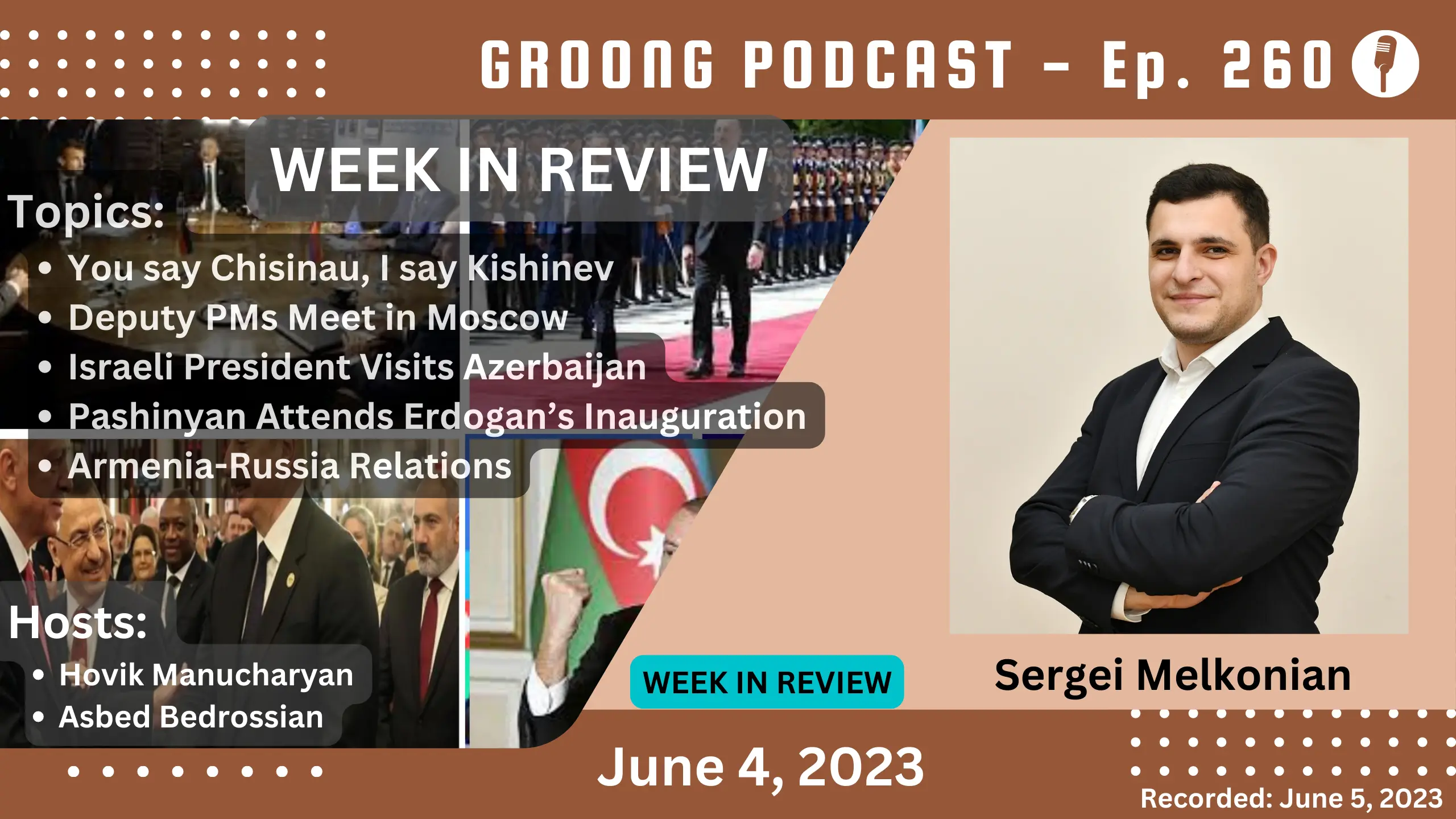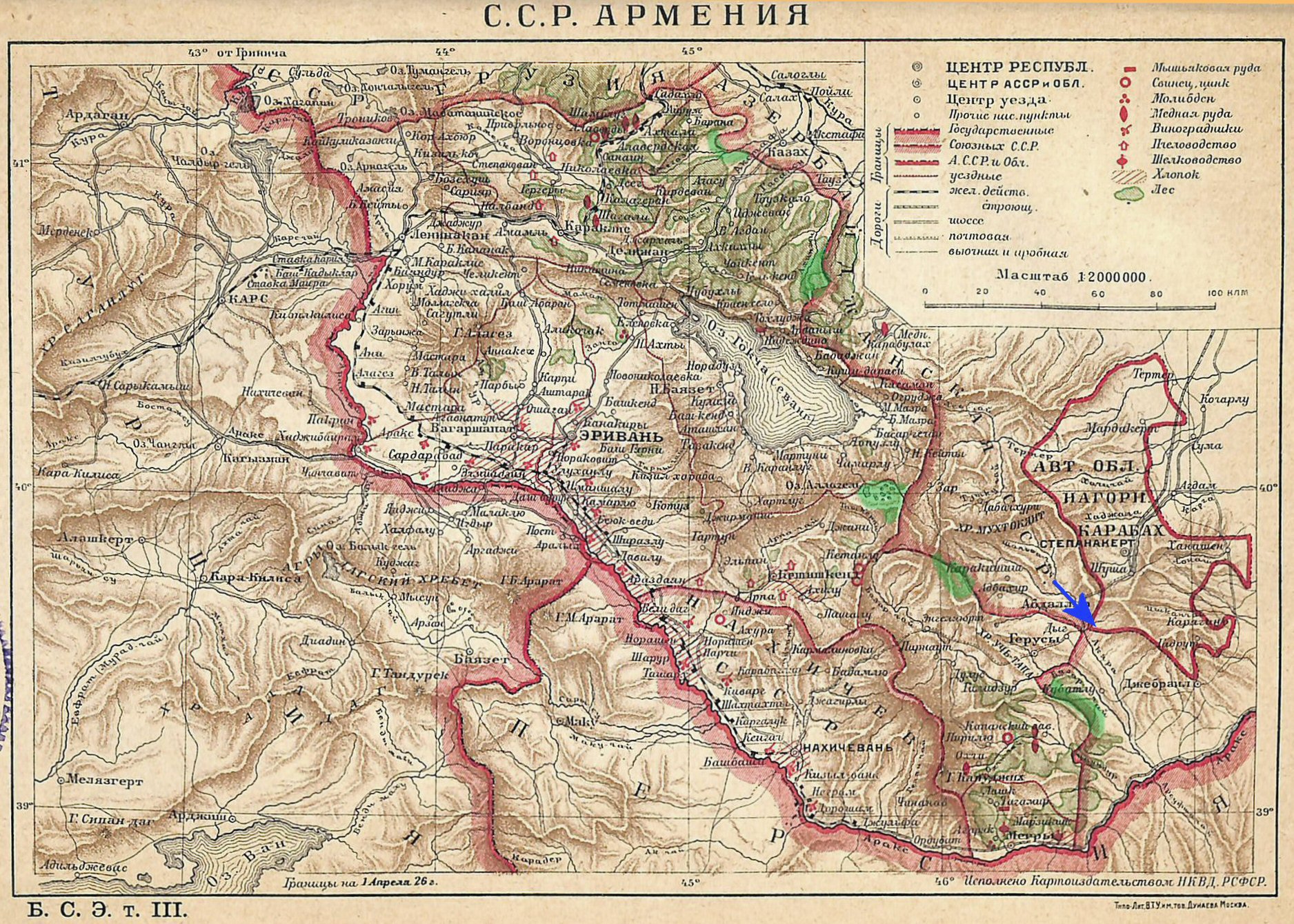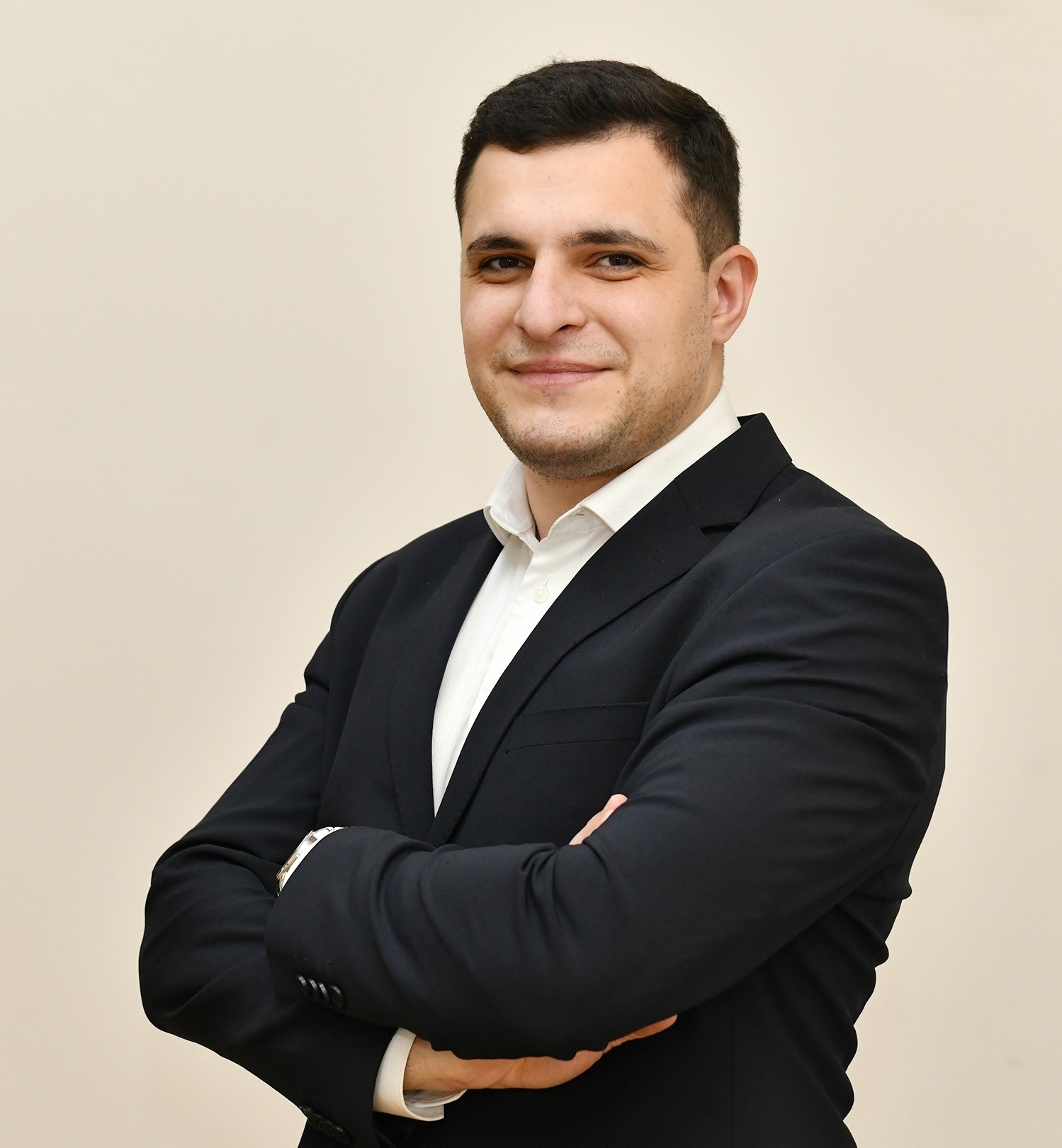
Guest:
Topics:
- Armenian Azerbaijani Negotiations Continue
- You say Chisinau, I say Kishinev
- Deputy PMs Meet in Moscow
- Israeli President Visits Azerbaijan
- Pashinyan Attends Erdogan’s Inauguration
- Armenia-Russia Relations
Episode 260 | Recorded: June 5, 2023
Show Notes
You say Chisinau, I say Kishinev
May was a very busy month in the continuing Armenian-Azerbaijani so-called “peace” negotiations, and the saga continues so far in June. This past week started with a meeting on June 1st with a 5-way summit between Pashinyan, Aliyev, and Chancellor Olaf Scholtz of Germany, and presidents Macron and Michel of France and the EU.
The main topics on the table were:
- Unblocking of regional transport and economic infrastructures
- Border delimitation and security between the two countries
- Normalization of relations between the two countries
- Rights and security of the people of Nagorno Karabakh
- POWs, missing persons and “other humanitarian” issues
Pres. Michel said afterwards that the meeting was a good prep for another upcoming meeting on July 21.
A few days before this meeting, Armenia’s security council chair, Armen Grigoryan, and Aliyev’s foreign policy advisor Hikmet Hajiyev met in Bratislava during a conference, and held a panel together. The only thing we heard from that meeting was Grigoryan saying that Azerbaijan should refrain from maximalist positions.
Question:
- What did you gather from the meetings in Bratislava and Chisinau, what was achieved?
Upon returning from Chisinau, the Pashinyan government has started talking about a number of issues. One point is about using the 1975 maps for border delimitation. Another point is about handing over Armenian territories which Azerbaijan is claiming as their “enclaves” in Armenia.
Notes:
- Azerbaijan denies that they have agreed to using 1975 maps and Aliyev has multiple times stated that delimitation must be done unconditionally under Azerbaijani terms.
- Also, Aliyev has never uttered the 29.8K sq km, despite Pashinyan repeatedly mentioning this land area in every speech.
Pashinyan is presenting these issues as if they present no problems for Armenia, and trying to normalize them in order to prepare the minds of his listeners.

According to Ruben Galichian, this 1926 map should be used for border delimitation. The map shows Artsakh directly connected with Armenia and there are no “so-called” enclaves.
Questions:
- The Russians have said that they hold all the maps of record, especially the rare maps from the early days of the USSR. Why is Pashinyan discussing maps with Aliyev in Brussels as opposed to under the auspices of Moscow?
- Can you give us an overview of the pros and cons of using the 1975 maps? We have interviewed Ruben Galichian in the past and according to him, in 1920 when the USSR was first constituted, there weren’t any enclaves and Armenia had a direct border with Artsakh. Even maps in 1926 showed this clearly. Should Armenia be insisting on using the more historically correct 1926 maps? Isn’t agreeing to later maps yet another concession to Azerbaijan’s maximalist demands?
There is an interesting tidbit that came out of Chisinau. Ukraine president Zelensky met with Aliyev, and thanked him for all the economic aid for reconstruction. Meanwhile, news broke out at the same time that Russia was taking note of a comment that Pashinyan had made a month ago in Prague, when he had said that “in the war in Ukraine, Armenia is not Russia’s ally”. That comment on its own is a little out of context, _so check the full article in our show notes, _but the timing is striking in that it highlights positive achievements by Azerbaijan, and negative ones for Armenia.
Questions:
- Is this something, or is it nothing? Are we reading too much in the news? What do you make of these news items?
Deputy PMs meet in Moscow
After some delays, the Deputy PMs of Armenia, Azerbaijan and Russia met on June 2. According to Russia’s Overchuk, sides have achieved further “common understanding” on how to restore the Yeraskh-Julfa-Meghri-Horadiz railroad. This falls in the first item mentioned above, “unblocking of regional transport and economic infrastructures”, and linking Azerbaijan and Nakhijevan is probably the only thing pressing on Aliyev’s mind anyway.
Question:
- What was achieved at this meeting? Can the deputy PMs achieve progress, while the summit people are not achieving further “common understanding”? Or are the leaders not telling the public what’s being discussed and agreed to?
One of the main sticking points has been Armenia’s control and sovereignty over any transit through Armenian territory. In fact Alen Simonyan, uncharacteristically for a government rep, declared that there would be no corridor, which we assume was about Aliyev’s so-called “Zangezur corridor”, and that Armenia will not sign any agreement that gives it less than 29,800 sq.km. of territory.
On the other hand, he said that dialogue between Baku and Stepanakert is also “highly important”.
Questions:
- Have Armenia and Azerbaijan come to some sort of understanding that we don’t know of, about customs control as it regards transit connecting Azerbaijan to Nakhijevan?
- Note: the Nov. 2020 trilateral ceasefire agreement says the Russian FSB will oversee transit, while Armenia most recently on western platforms has discussed a Swiss company taking on this role.
- While rail transit was discussed, roads and other communications were not reported to be on the table. What does this indicate about the balance of interests being prioritized at these meetings?
The Baku-Stepanakert dialogue did not make it into Armenia’s “red lines”, it was just “also highly important”. It’s very, very unlikely that Aliyev will ever agree to an equal or horizontal dialog with Stepanakert, specially when just last week he threatened them to dissolve their government and all state symbols, and surrender, or risk military aggression. Let’s also note that the US praised Aliyev’s offer for so-called “amnesty” for Artsakh Republic leaders.
Questions:
- Does this mean that the Baku-Stepanakert dialogue is a negotiable point for Armenia? For example once dialogue “starts”, Armenia will be satisfied and sign agreements, without demanding a positive outcome?
- Given that the west has explicitly said it can not provide Armenia and Armenians with any security guarantees, does Pashinyan’s strategy have any possibility for a positive outcome?
- According to NKObserver, a well-informed Twitter account on Artsakh, after over a week of fake Azeri claims of Armenian ceasefire breaches on the Artsakh line of contact, we should beware greater Azeri aggression. How do you assess the potential for violence against Artsakh at this point in time?
- Can the Nov. 2020 statement be considered null and void, considering pretty much all the signatories are in breach of the agreement they signed? Is there anything to adhere to, technically speaking?
Israeli President Visits Azerbaijan
Israeli president Isaac Herzog visited Azerbaijan this past week. Earlier this year Azerbaijan opened an embassy in Tel Aviv, and although there is a lot of pretense around economic and energy ties, the big deal is about defense and Iran.
Herzog again reiterated Israel’s long-standing claims that Iran is the biggest threat in the region, while Azerbaijan has warned its citizens not to travel to Iran, because of the attacks on its consulate in Tabriz earlier this year.
So both countries seem to be committed to keeping Iran as their regional bogeyman, and are overtly or covertly working to internationally isolate it.
Questions:
- What is the core of the relationship between Azerbaijan and Israel?
- In one of our previous episodes, our guest Arthur Martirosyan said that Israel currently prefers to stoke separatist sentiment in Iran in hopes of weakening the country from the inside and won’t prefer active military conflict. What’s your assessment for the potential of active warfare between Iran and Israel?
Pashinyan Attends Erdogan Inauguration
Over the past weekend Erdogan was inaugurated for a third term as president of Turkey. On May 28, he was elected with 52% of the vote, tipped in his favor by ultranationalist party leader Sinan Ogan.
Pashinyan attended, and was treated as a second class leader, sitting behind Azerbaijan’s president Aliyev on the first row. The first row was reserved for country leaders, and Erdogan shook all of their hands.
For reference, Georgia sent PM Garibashvili, Russia sent Duma speaker Volodin, and the US attended at the level of its Ambassador to Turkey.
Questions:
- Should Armenia have sent a more symbolic person such as Vahagn Khachatryan? What was the point of Pashinyan attending?
- Were there other, less public meetings between Pashinyan and other top Turkish leaders?
- Given Erdogan’s win thanks to Turkish ultranationalists, what can we expect from Turkey during Erdogan’s third term, in relation with Armenia? With Russia?
Notes:
- Erdogan thanks Aliyev for being one of the first “congratulations” (Aliyev beat Pashinyan by an hour)
- The term “one nation, two states” was used commonly in public messaging.
Armenia-Russia Relations
Sergei, one of your areas of focus is Armenia-Russia relations. You visit Russia frequently for academic conferences and have even hosted Russian analysts and academics here in Armenia.
Questions:
- What’s your assessment of the state of Armenia-Russia relations?
- The mainstream Armenian political conception is that if Russia leaves Armenia, then not only will Armenia become a vilayet, but Pan-Turkism will present a critical threat to Russia itself.
- In a recent round-table organized in Armenia, one of the Russian commentators said that the idea of a pan-Turkist threat to Russia’s south is overrated. They said something to the effect that Russia would like to stay in Armenia, but if it had to leave Armenia, it wouldn’t be so critical, especially from the point of view of the pan-turkism threat.
Alright, let’s wrap up our topics here. I’d like to ask each of you if there’s been something on your mind this past week that you want to talk about.
Topics from the Panelists
- Sergei: Wine festival in Yerevan, in such dire times for Armenia.
- Hovik: Gayane Hakopyan will remain incarcerated.
Wrap-up
We hope you found our Week in Review helpful. We invite your feedback and your suggestions, you can find us on most social media and podcast platforms. Thanks to Laura Osborn for the music on our podcasts.
Guests

Sergei Melkonian
Dr. Sergei Melkonian is currently a Research Fellow at APRI Armenia, a Yerevan-based think tank. He served as assistant to President of Armenia, Armen Sarkissian, on foreign policy (Middle East and post-Soviet space). Sergei is also a guest lecturer at Yerevan State University and the Russian-Armenian University.
Hosts

Hovik Manucharyan
Hovik Manucharyan is an information security engineer who moved from Seattle to Armenia in 2022. He co-founded the ANN/Groong podcast in 2020 and has been a contributor to Groong News since the late 1990s.
Disclaimer: The views expressed by Hovik Manucharyan on the ANN/Groong podcast are his own and do not necessarily reflect the opinions of his employer or any other organization.

Asbed Bedrossian
Asbed Bedrossian is an IT professional, and for years oversaw the central IT enterprise infrastructure and services at USC. His decades of experience spanned across IT strategy, enterprise architecture, infrastructure, cybersecurity, enterprise applications, data center operations, high performance computing, ITSM, ITPM, and more.
Asbed founded the Armenian News Network Groong circa 1989/1990, and co-founded the ANN/Groong podcast in 2020.